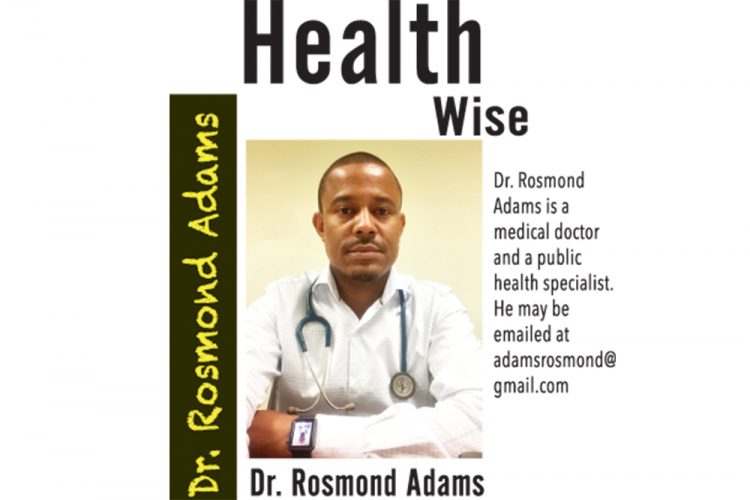Ethical considerations for cannabis industry from a medical perspective

THERE IS GROWING interest in the Caribbean on medical cannabis. Countries such as Jamaica and St. Vincent and the Grenadines are in advanced stages in establishing medical cannabis industries. With the wave of interest spreading across the region, other countries are exploring starting such industry with the hope that it will bring significant economic gains.
Notwithstanding the hope of economic gains that the industry is expected to bring to the region, there are numerous ethical issues that must be considered and addressed. Firstly, with a medicinal cannabis industry, cannabis supply on the market will increase. Various products will be produced and so the consumption is also expected to increase.
With the anticipated increase in demand and consumption, physicians will play an important role in assessing patients, prescribing and monitoring the success of such products. Whilst I commend the efforts of the Honourable Minister of Agriculture in being the face of the debate on this topic, notably absent is a strong voice and position from the Ministry of Health and the medical fraternity. I am sure that the medical fraternity was part of the consultations, however, they should also be part of the advocacy process and should have a strong front in the discourse, since all this hinge on the medical use.
Clips have circulated from the United States and from other Caribbean countries of physicians speaking about the benefits of cannabis, but I am yet to see a local medical face and voice on this issue. With the imminent launch of this industry, there will be numerous medical and public health implications. I therefore urge that these be considered at the same time with the economic, legal and social implications and not after the fact. This will help us to have a strong industry and to put measures in place to address any issues that may arise.
Physicians will be prescribing. However, most physicians do not have knowledge or experience working with cannabis. In western medicine, physicians are expected to undergo training in pharmacology in order to prepare them for their prescribing roles. They are taught the benefits and risks of the medications, the dosage and the interactions. Will local physicians receive training on this? If so, what standard of training will be put in place and who will monitor that they will be prescribing according to the established schedules.
Another consideration is that of pharmacovigilance. That is, the monitoring of drugs on the market. When medications are marketed, especially new medication, rigourous monitoring must take place in order to document any unexpected effects. This normally help to make the medication safe by adjusting dosage or establishing warning about interactions and side effects. Who will be conducting this important process?
It is assumed that the laws will be a bit relaxed with respect to recreational use. There is the possibility that persons will experiment more with marijuana and so there may be anticipated increase in mental disorders. Will access to mental health services be put in place to facilitate any increase?
Whilst I support the medical cannabis industry and support legalization for recreational use, I urge that due consideration be given to all the issues so that we are capable of addressing any problems should the arise.
Dr. Rosmond Adams, MD; MSc (Public Health); M.S (Bioethics) is a medical doctor and a public health specialist with training in bioethics and ethical issues in medicine, the life sciences and research. He is a lecturer of medical ethics and Research Methods.
He is the Head of Health Information, Communicable Disease and Emergency Response at the Caribbean Public Health Agency (CARPHA). He is also a member of the World Health Organization Global Coordination Mechanism on the Prevention and Control of NCDs.
(The views expressed here are that of the writer and not of any organizations). You may contact him at adamsrosmond@gmail.com









